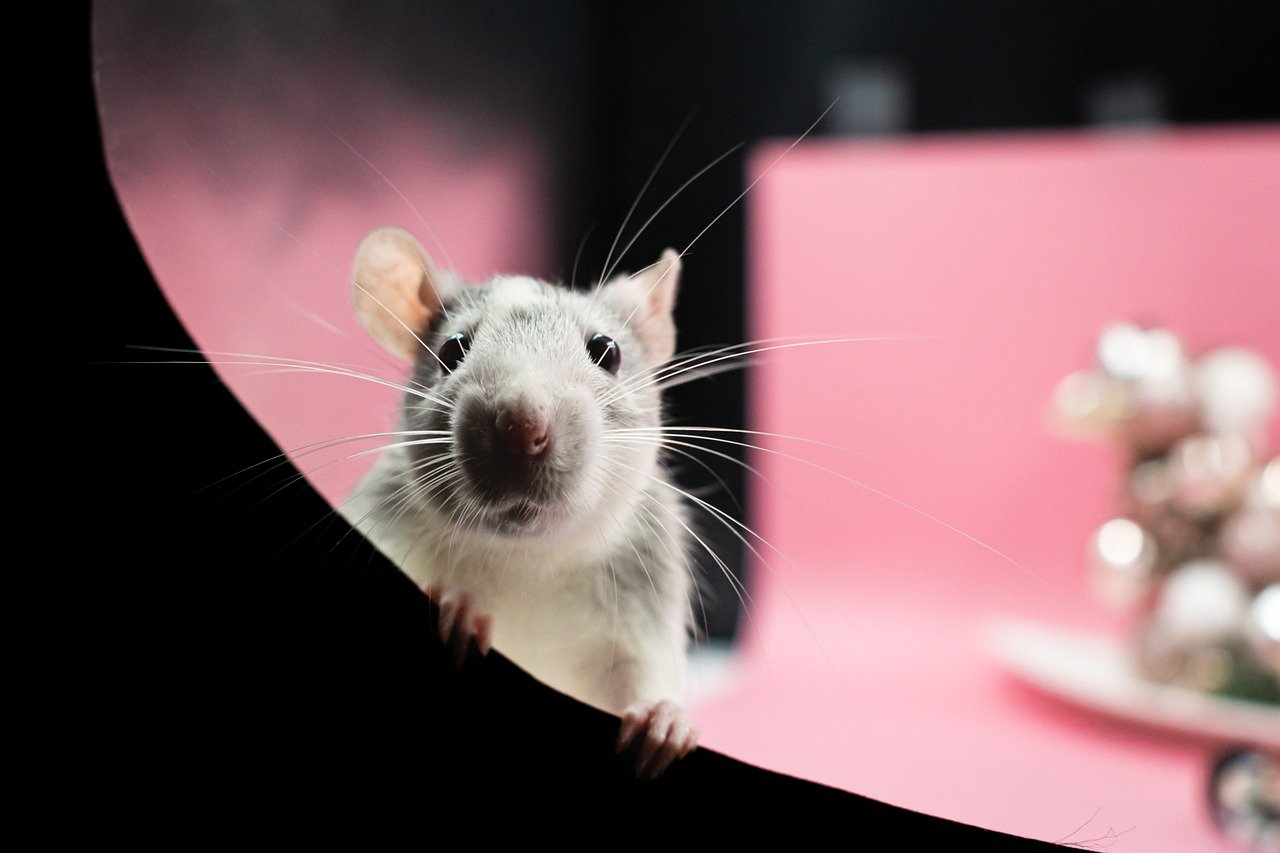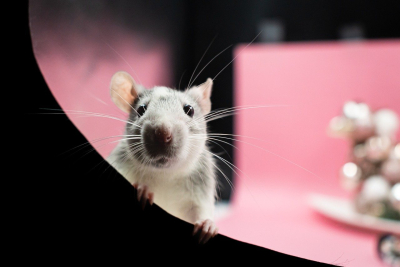Table of contents:
- Stress response in rats and humans
- Effort-based rewards reduce stress
- Rats driving vehicles
- Importance of active engagement
Stress response in rats and humans
Behavioral neuroscientist Kelly Lambert from the University of Richmond studies stress in brown rats. Rats and humans share remarkably similar stress responses. When humans experience stress, cortisol is released. In rats, the equivalent hormone is corticosterone. These hormones trigger the fight-or-flight response, essential for survival.
Chronic stress, however, leads to health problems. It raises the risk of conditions like Type 2 diabetes, high blood pressure, and mental disorders such as depression. Lambert stresses the importance of understanding and managing stress to prevent long-term harm.
Effort-based rewards reduce stress
Lambert’s research examined how effort-based rewards affect stress resilience. Two groups of rats were observed: one worked to uncover a treat, while the other received it without effort. The findings showed:
- Rats that worked for their reward were bolder and more adaptable.
- They exhibited lower stress hormone levels.
- Their neuroplasticity improved, enhancing their brain's ability to adapt.
These results suggest that rewarding activities requiring effort—such as baking or gardening—may similarly help humans by boosting dopamine and reducing stress hormones.
Rats driving vehicles
In another experiment, Lambert allowed rats to drive tiny vehicles. Driving lowered their corticosterone levels and increased DHEA, a hormone that builds resilience. The more they drove, the better their stress response.
Providing control over their environment helped the rats cope with stress. Lambert highlighted the importance of predictability and engagement, suggesting that such strategies may also benefit humans in managing stress.
Importance of active engagement
Actively interacting with the world strengthens brain health. Lambert emphasizes that physical engagement, rather than passive use of technology, is crucial for mental well-being. Hands-on activities like learning new skills or hobbies provide significant benefits to the brain.
Research in this area continues to uncover ways to build resilience to stress. By taking control of our actions—through meaningful activities or even a simple drive—we can better manage stress in an unpredictable world.
source: CBC


 Cats are the most popular pet in Canada. Despite their affectionate nature, they pose a significant threat to wild birds.
Cats are the most popular pet in Canada. Despite their affectionate nature, they pose a significant threat to wild birds. A powerful cold snap has engulfed central and eastern Canada this week, plunging temperatures far below seasonal averages. The extreme
A powerful cold snap has engulfed central and eastern Canada this week, plunging temperatures far below seasonal averages. The extreme Stress is a constant in modern life. From daily challenges to global issues, people are searching for ways to cope
Stress is a constant in modern life. From daily challenges to global issues, people are searching for ways to cope

